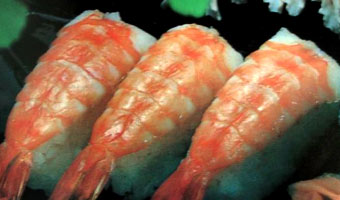In a study published in the Journal of Epidemiology and Infection (https://www.cambridge.org/core/journals/epidemiology-and-infection/article/human-foodborne-listeriosis-in-england-and-wales-1981-to-2015/FEB0F76B4D49205B36E8F2DB81108DBE/core-reader#
) foodborne listeriosis in England and Wales prior to the introduction of whole-genome sequencing (WGS) is reviewed. The study finds that in nearly all cases of human listeriosis are foodborne. However, cases, where a specific exposure is identified, is small. The proportion of all cases linked to specific foods was 3% between 2002 and 2006 with the implementation of amplified fragment length polymorphism (AFLP) and 5% between 2007 and 2015 with fluorescent AFLP as the primary discriminatory typing tool. WGS has increased the percentage of detected cases linked to specific foods to around 10%. Between 1981 and 2015, 5252 human listeriosis cases were reported in England and Wales. There was a single outbreak of 378 cases (7% of the total) which was associated with pâté consumption and 112 cases (2% of the total) attributed to specific foods in all the other incidents. Ten incidents (one sporadic case and nine outbreaks of 2–9 cases over 4 days to 32 months) occurred in hospitals: all were associated with the consumption of pre-prepared sandwiches.




